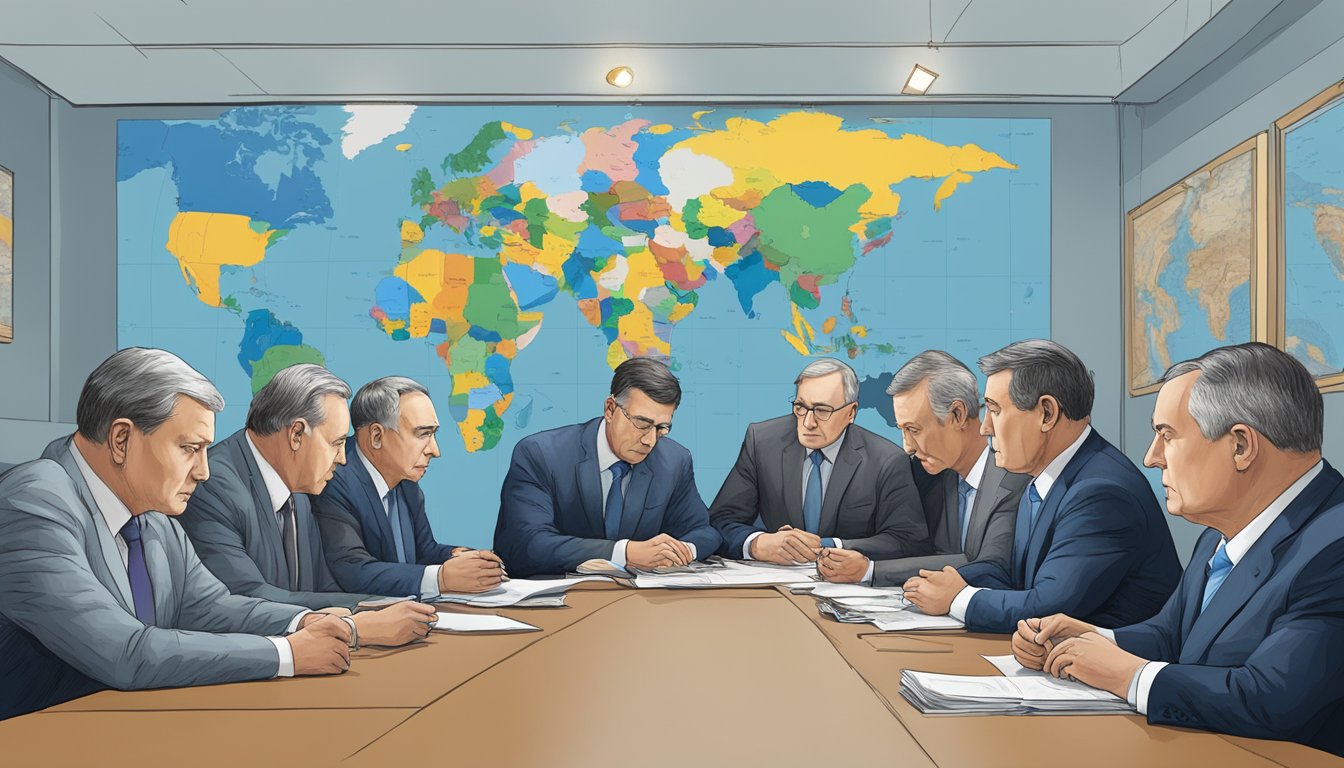At Ramstein Air Base in Germany, a notable shift took place as Lloyd Austin, the U.S. Secretary of Defense, readied himself to step down from leading the Ukraine Defense Contact Group.
This coalition, formed by 50 nations, has been pivotal in rallying support for Ukraine amid ongoing conflict.
Leadership Transition and Financial Support
During his time in charge, Austin played a crucial role, orchestrating 25 meetings over the past three years and securing a staggering $126 billion in military assistance for Ukraine.
His responsibilities extended beyond just managing Congressional funding, often in challenging financial conditions; he also focused on delivering essential munitions to address Ukraine’s urgent defense needs.
As Austin prepares to exit his leadership position, questions about the group’s future linger, particularly with Donald Trump set to resume the presidency on January 20.
Trump’s push for expedited peace negotiations raises concerns among European allies about the potential decrease in U.S. support for Ukraine.
Farewell Aid Package and Future Assistance
At the meeting, Ukrainian President Volodymyr Zelenskyy acknowledged the impending shift, highlighting the need for increased collaboration in the weeks to come.
He conveyed that a new chapter is about to unfold for Europe and beyond.
In a significant farewell gesture, Austin presented a military aid package totaling $500 million, which includes vital supplies such as air defense systems, small arms, and spare parts.
This latest commitment brings the Biden administration’s total security assistance to Ukraine to $66 billion, representing nearly half of the collective support from all nations involved.
While the incoming Trump administration will have control over allocating $3.8 billion in military aid, it faces limitations: there are no existing funds set aside for long-term support nor are there plans to replenish current stockpiles.
In contrast to past years, Congress has not yet begun discussions on additional financial aid for Ukraine.
Concerns and Required Commitments
Pentagon officials are no strangers to navigating periods of funding gaps that hindered support for Ukraine.
A senior defense official pointed out that previous Congressional delays contributed to territorial losses for Ukraine in its eastern regions.
However, Bill LaPlante, the Pentagon’s chief weapons buyer, indicated that the situation appears more optimistic this time around, due to the urgent aid initiatives pushed by the Biden administration before the leadership transition.
He assured that the Ukrainian military has a solid resource supply.
The idea of transferring leadership of the Ukraine group to NATO has been floated among European nations, yet enthusiasm remains tepid.
A defense official acknowledged the invaluable role the U.S. under Austin’s leadership has played in fostering cooperation among member nations.
Amidst these potential changes in U.S. foreign policy, European leaders underscored the necessity for NATO member states to take greater responsibility for their security budgets.
The European Union’s foreign minister proposed that the EU could play a more significant role in bolstering Ukraine’s defense efforts.
Austin took the opportunity to urge continued backing for Ukraine, warning that any perception of U.S. withdrawal could embolden Russian aggression.
He stressed the importance of maintaining momentum in support efforts.
Zelenskyy shared this viewpoint, asserting the critical need for unwavering commitment at this juncture.
A lapse in support, he cautioned, could have dire consequences for Ukraine’s fight for sovereignty.
Source: Militarytimes

